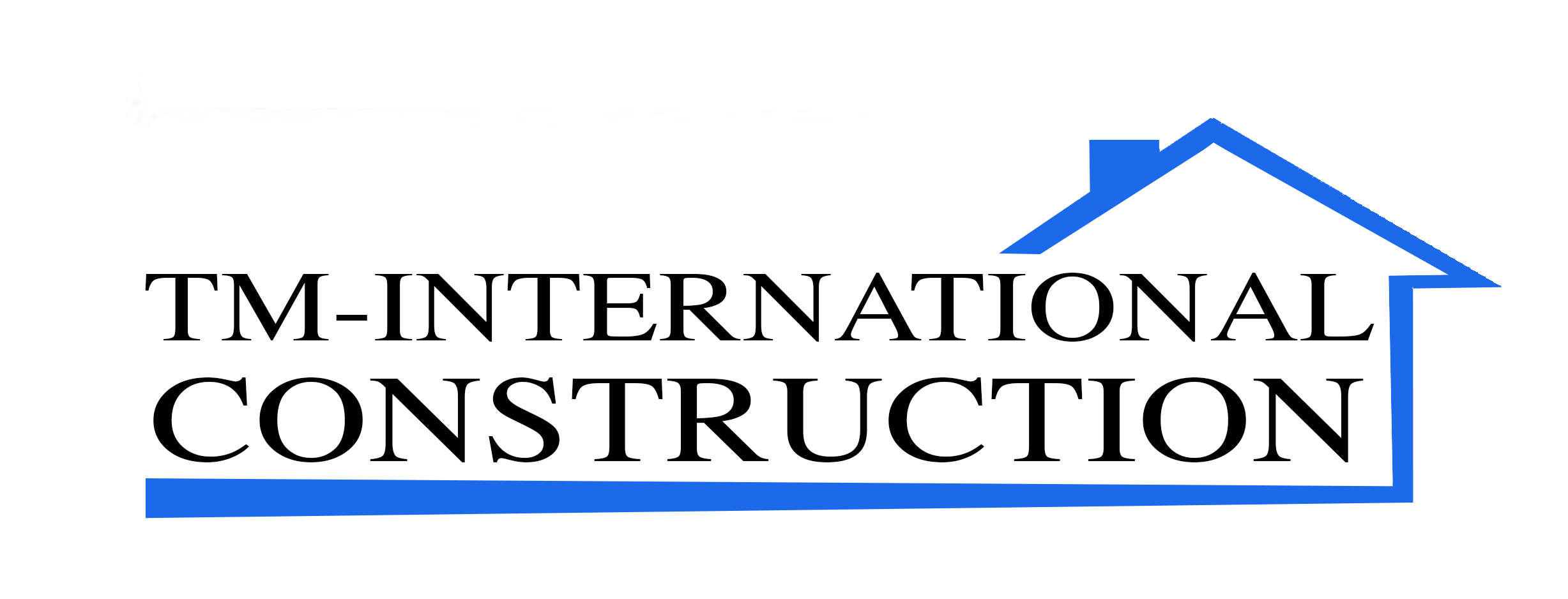A Guide to Successful Home Renovation in Virginia
Undertaking a home renovation project in Virginia can be an exciting and rewarding endeavor, but it also requires careful planning, adherence to local regulations, and a clear vision for the changes you want to make. Whether you're updating a kitchen, adding a new room, or giving your entire home a makeover, here's a comprehensive guide to help you navigate the process of home renovation in Virginia.
1. Define Your Renovation Goals:
Before you start, it's crucial to define your renovation goals. What are you hoping to achieve with this project? Make a list of your priorities and desired changes. Consider your budget, timeline, and the functionality and aesthetics you want to achieve.
2. Research and Design:
Once you've established your goals, research different design ideas and gather inspiration. You can work with a professional architect or designer to create a detailed renovation plan that considers structural changes, layout adjustments, materials, and finishes.
3. Set a Realistic Budget:
Determine a realistic budget for your renovation. Consider all expenses, including materials, labor, permits, and unexpected costs. Make sure to account for a contingency fund to cover any surprises that may arise during the renovation process.
4. Obtain Necessary Permits:
In Virginia, various renovation projects may require permits from your local government or city. These permits ensure that your project complies with building codes and safety regulations. Consult with your local building department to determine which permits are needed for your specific renovation.
5. Choose Qualified Contractors:
Selecting the right contractor or subcontractors is crucial to the success of your renovation. Obtain recommendations from friends, family, or online resources, and request multiple quotes. Verify their licenses, insurance, and references before making your final choice.
6. Sign a Detailed Contract:
Once you've selected a contractor, ensure that you sign a detailed contract that outlines the scope of work, timeline, payment schedule, and any other essential terms. The contract should protect both you and the contractor and leave no room for misunderstandings.
7. Prepare Your Home:
Before the renovation begins, prepare your home by removing furniture and belongings from the work area. Cover and protect areas that won't be renovated to prevent damage and dust buildup.
8. Monitor Progress:
Stay actively involved in the renovation process. Communicate regularly with your contractor, address any concerns or changes promptly, and inspect the work at various stages to ensure it aligns with your vision.
9. Complete the Renovation:
Upon completion, inspect the work thoroughly to ensure it meets your expectations and the terms of the contract. Once you're satisfied, make the final payment.
10. Obtain Inspections and Approvals:
If required by local regulations, schedule inspections to obtain the necessary approvals. This ensures that your renovation complies with building codes and safety standards.
11. Enjoy Your New Space:
Once your renovation is complete and all approvals are in order, you can begin enjoying your newly transformed space. Whether it's a remodeled kitchen, a renovated bathroom, or an expanded living area, relish in the comfort and aesthetics of your updated home.
12. Maintain Your Renovated Space:
Regular maintenance is essential to keep your renovated space in top condition. Follow a maintenance schedule to ensure the longevity and quality of your renovation investment.
Remember that home renovations in Virginia should align with local building codes and regulations. Seeking professional guidance, working with reputable contractors, and obtaining the necessary permits are all critical steps to ensure a successful and compliant renovation project in the state.
